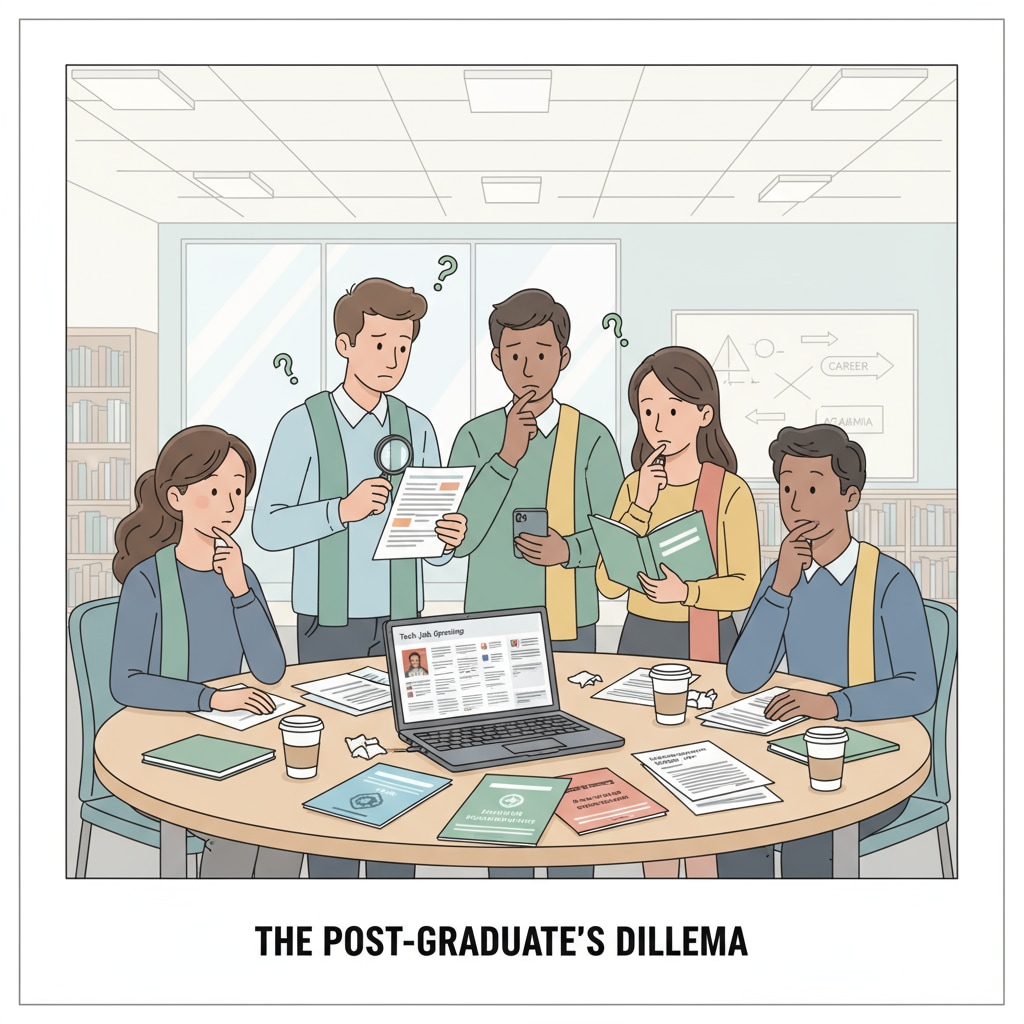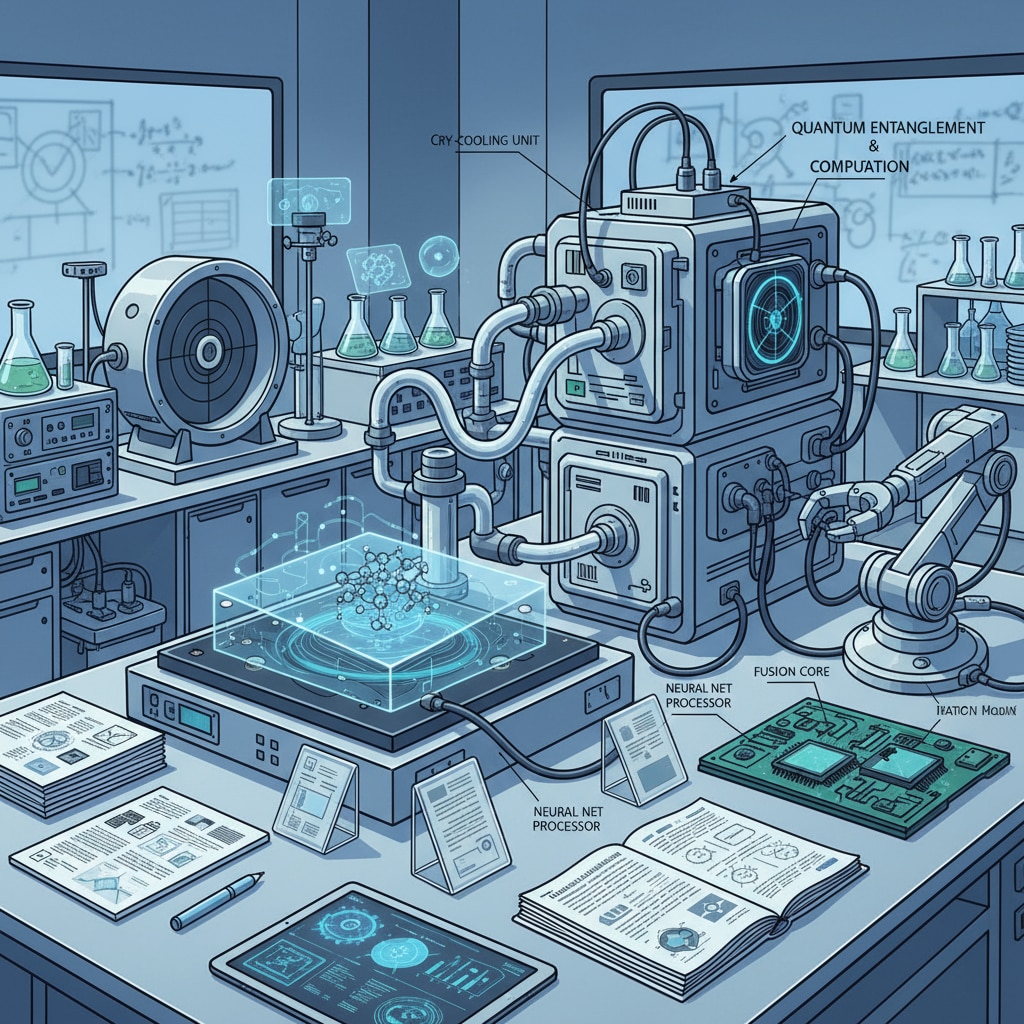Career planning, master’s degree, and employment choices are crucial aspects that fresh tech graduates grapple with. Standing at the crossroads of their professional journey, they often find themselves torn between the option of furthering their education and stepping directly into the job market. This decision can significantly influence their future career trajectories.

The Allure of Further Study
For many tech graduates, pursuing a master’s degree offers several advantages. Firstly, it allows for in-depth specialization in a particular area of technology. In an ever-evolving tech landscape, having advanced knowledge can set one apart from the competition. According to Britannica, technological advancements are rapid, and specialized knowledge can enhance employability. For example, in fields like artificial intelligence or quantum computing, a master’s degree can provide the necessary theoretical and practical skills. Secondly, a master’s program often provides access to cutting-edge research and industry connections. This can open doors to internships and job opportunities in leading tech companies. Additionally, some industries may require a higher level of education for certain positions, making a master’s degree a prerequisite for career advancement.

The Temptation of Direct Employment
On the other hand, choosing to enter the workforce immediately has its own merits. By starting a job right after graduation, graduates can gain real-world experience and practical skills. This hands-on experience is highly valued by employers. As stated on Wikipedia’s career development page, practical experience is often a key factor in career growth. They can also start earning a salary and become financially independent earlier. Moreover, direct employment allows graduates to build a professional network in the industry. They can learn from experienced colleagues and stay updated on the latest industry trends. This can lead to faster career progression in some cases, as they are directly involved in the day-to-day operations of a company.
Making the right decision between further study and direct employment depends on various factors. Personal interests and passions play a significant role. If a graduate is eager to explore a specific area of technology in depth and has a passion for research, further study might be the ideal choice. However, if they are more interested in applying their skills in a practical setting and are eager to start their professional journey, direct employment could be the way to go. Additionally, financial considerations, family support, and long-term career goals should all be taken into account. For instance, if a graduate has financial constraints or family obligations that require immediate income, direct employment may be more feasible. In contrast, if their long-term goal is to work in a research-intensive role or in a highly specialized field, a master’s degree may be essential.
Readability guidance: We’ve used short paragraphs and lists to summarize key points. Each H2 section provides a list of advantages or considerations. The passive voice and long sentences are kept to a minimum, and transition words like “however”, “moreover”, and “additionally” have been used throughout to enhance readability.


